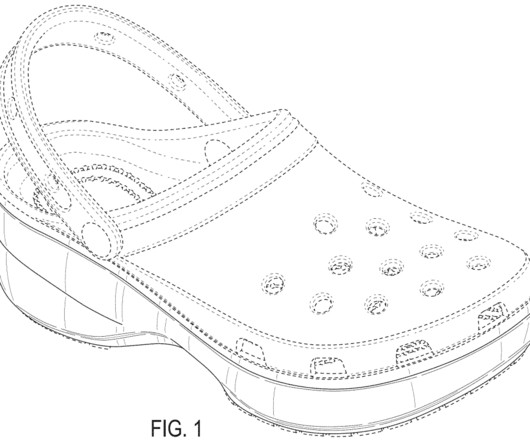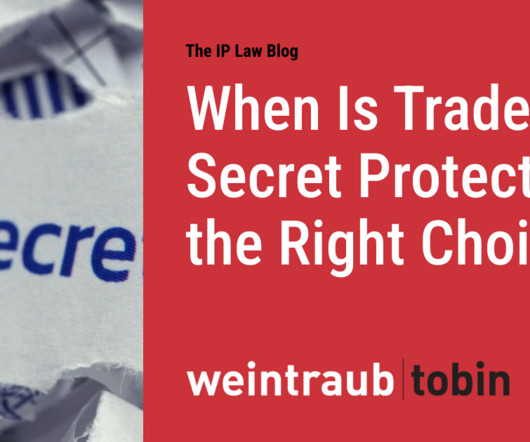False Patent Marking as False Advertising: Overcoming Dastar
Patently-O
APRIL 17, 2024
by Dennis Crouch The Federal Circuit is set to consider the use of terms like “patented,” “proprietary,” and “exclusive” in commercial advertising can be actionable under § 43(a)(1)(B) of the Lanham Act when their use is not entirely accurate. Crocs largely prevailed in those actions.












Let's personalize your content